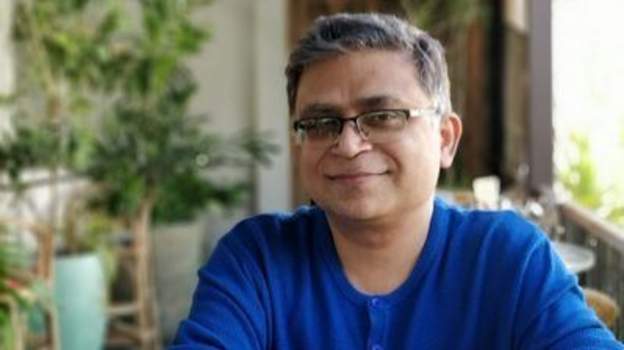India’s Supreme Court has failed to legalise same-sex marriage, saying it does not have the power to do so.
The court instead accepted the government’s offer to set up a panel to consider granting social and legal rights and benefits to same-sex couples.
The court had heard 21 petitions in April and May from same-sex couples and activists who said that not being able to marry made them “second-class citizens”.
The ruling will dash the hopes of India’s LGBTQ+ population, believed to number in the tens of millions.
The government and religious leaders had strongly opposed same-sex unions, saying they were against Indian culture.
Reactions are pouring in after the Supreme Court refused to legalise same-sex marriage in India.
“This feels almost tokenistic,” says Archit Dutt, a gay student in Delhi.
“We pay just the same amount of taxes as heterosexual people, struggle just as hard if not more, but we’ve still been reduced to second-class citizens.”
Pia Chanda who’s been in a same-sex relationship for 34 years, told the BBC that “the Supreme Court is playing passing the parcel”.
However, lawyer and author Tanushree Bhalla, says she “bows to the majesty of the court”.
“We do hope, however, the government will heed the directions in the judgment and take the necessary steps to end the discrimination that LGBTQ+ persons face every day in law and life,” she adds.
“Till then we hope law and society too shall evolve.”
In the morning, there was an air of hope and excitement outside the Supreme Court among petitioners, LGBTQ+ activists and allies who had gathered to hear the judgement.
But as the judges finished reading their remarks, their upbeat mood turned into disappointment. While many said that they felt let down, others hoped that the government would indeed provide them more rights and benefits as directed by the court.
Adish Aggarwala, president of the Supreme Court Bar Association, told reporters that he was happy that the court had accepted the government’s argument that it does not have the power to legalise same-sex union.
“That right only rests with the Indian parliament and we are glad that the court agrees with us,” he added.
Before the verdict, Mr Aggarwala had told reporters that allowing same-sex marriages would not be a good idea as it is “not in accordance with the system prevalent in India”.
Harish Iyer, an LGBTQ+ activist who was one of the petitioners in the case, says he has bittersweet feelings about the judgement.
“Though the verdict was not in our favour, the court made so many observations which were in our favour,” he told the ANI news agency.
He is also hopeful that the government will give more rights to LGTBQ+ people.
Either way, he says, this is not over yet.
“A war is underway. It might take sometime but we will get societal equality.”

Pawan Dhall, an LGBTQ+ rights activist in Kolkata city, was among the 15 intrepid marchers to participate in what was later called the first Pride walk in India. These were his thoughts after the verdict:
“It was a close shave – 3:2 majority verdict which went against marriage equality. But I think it would have been good if civil union [was allowed].
Why I am not terribly disappointed is that I have seen that as a movement – or movements – we have moved away from the track.
We should have been building up a case of non-discrimination on various aspects like insurance policies, bank accounts, home loans. These are practical things that make life easier on a day-to-day basis, and we should have been fighting these battles before taking on marriage.
Because not everyone wants to get married, many people do want to be in a relationship and many just want to remain single. Why should we get our rights only through marriage?”

